
The runaway success of The Walking Dead made Telltale Games an industry darling. But how does its fairy tale follow-up fare? Fresh from the mean streets of Fabletown, Brian Tarran delivers his verdict
Does it seem weird to you that after playing and loving season one of Telltale Games’ The Walking Dead, I didn’t really want to play another Telltale game?
Yes, the writing was superb – I considered the characterisation to be stronger than that of the hit AMC TV show – and the finale was an emotional gut-punch in all the right ways. I just didn’t have the stomach to go through it – or something similar – all over again.
It wasn’t the unrefined control scheme or janky animation that was the issue. It was the realisation, thanks to developer comments and player feedback, that replaying the game would clue you in to the tricks and fudges Telltale used to create the illusion of choice; that the decisions you made had profound consequences.
In truth, they didn’t. Your words and actions might have dictated who liked you, or – in the case of one early decision – which character lived or died. But that was the extent of it. The story played out largely the same. The choice was in the relationships you chose to forge or turn away from.
None of this made it a bad game. It’s just that, when the time came to think about playing another Telltale adventure, I wasn’t sure I wanted to. I’ve written before about illusion of choice and how powerful it can be. But once the veil of illusion has been lifted – as it was with The Walking Dead – it can be hard to draw it down again.
But, you know what? The Wolf Among Us managed to do it. Despite my reservations, I picked up the entire series up for only £10 in a winter sale, and I’m glad I did. TWAU might ape its predecessor’s mechanics but it feels like an altogether different beast.

The game puts you in the shoes of Bigby Wolf, sheriff of Fabletown – a suburb of 1980s New York that is home to some famous faces, among them Snow White, Beauty and Beast, and Tweedledum and Tweedledee.
From the off, you’re thrown into the role of a grizzled cop sent to investigate a disturbance involving your old enemy, The Woodsman. You know – the one from Red Riding Hood. And, yes, you’re the Big Bad Wolf – rendered human thanks to a lycanthropy spell.
The setup is nothing short of engaging and brilliant, based as it is on Bill Willingham’s Fables series of comics, in which fairy-tale characters have been forced to flee their homelands to start a new life in the ‘real’ world.
It’s essentially an immigrant story, documenting the community, its efforts to become established, and the hardships they endure along the way, including drugs, prostitution and the scourge of organised crime.
That’s how you find yourself at the Woodsman’s door, huffing and puffing on a cigarette as you try to break up a fight involving a working girl. There’s the familiar mix of dialogue choices and slightly awkward QTE-style action sequences, which act as a tutorial of sorts before the story proper begins.
The catalyst for the tale is the murder of a prostitute – found decapitated outside Fabletown’s principal residence – and the Woodsman and his axe are the prime suspects. Nothing is as it seems of course, and there are hidden depths to the story and layers of motivation to uncover – but to say anymore would be to spoil things.
Suffice it to say that the familiar tropes of the film noir genre are all present and correct, including femme fatales, hoodlums, corrupt businessman and politicians – and lashings of rough justice.
And then there is Bigby: the investigator with the dark past. Players won’t need that past spelled out to them; the game can rely on your childhood readings of the fairy-tale classics to establish that Bigby wasn’t always the friendliest guy to be around.

The other characters know this too, and are wary of the wolf and his motivations and actions. Flashes of the old him sneak out on occasion, but it’s up to the player to decide how much of Bigby’s aggression they want to bring to their investigations and interrogations.
In this regard, TWAU stands head and shoulders above The Walking Dead. The dialogue and action choices available to Bigby are less subtle than they were for Lee Everett – star of Telltale’s earlier game – but the choices this time feel as if they have a much greater impact on the story: whether it’s deciding which lead to follow-up first or whether to tear a guy’s arm off or let him go.
Without replaying the game it’s hard to know whether the same illusion of choice is at work as it was in The Walking Dead. But if it is, it’s a much more finely-crafted illusion than that seen before. As the player, you feel a much greater sense of agency and control – especially when the game tempts you to lose yourself to the dark side of Bigby’s personality. Events conspire to push you to breaking point. It’s as if the developer wants you to let rip on the cast of nasty, unrepentant villains.
The temptation is so great, I truly felt like I shared Bigby’s struggle to keep a leash on the beast within. In not giving in to violent urges (except for that one time… or was it twice?), I helped my Bigby to improve his standing in the community. Over the course of the game, relationships evolved in interesting and believable ways; the story arc involving the Woodsman was a particular highlight as the longtime enemies found a mutual respect and empathy for each other, if not outright friendship.
I can only imagine how different it might have been had I repeatedly smashed the Woodsman’s teeth in, or took every opportunity given to me to kill and maim other characters. Maybe I’ll find out for sure one day whether the choices I made had any real bearing on the game. For now though, I’m content with my story. Telltale has surpassed itself. I won’t be holding back next time. Here’s to another adventure.


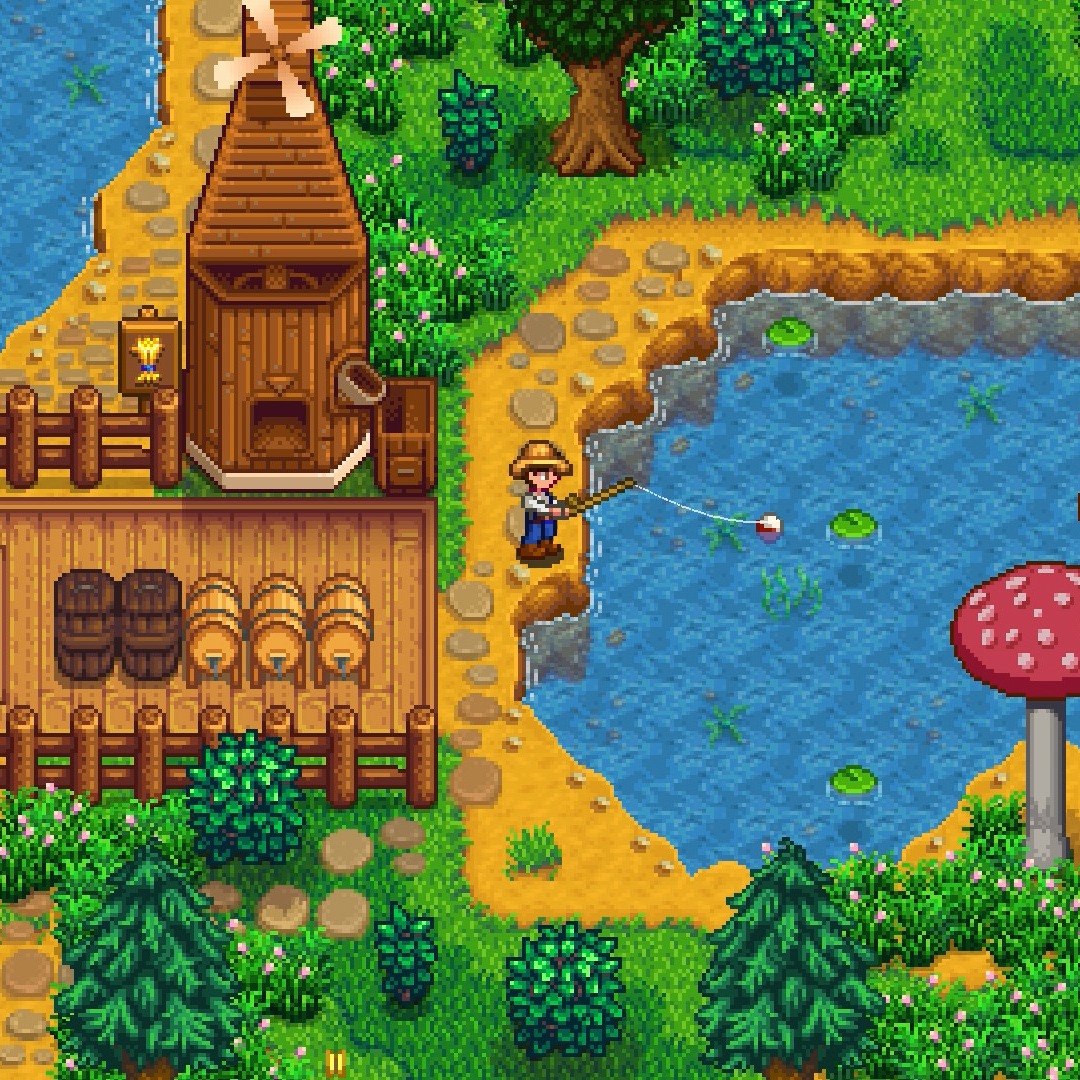


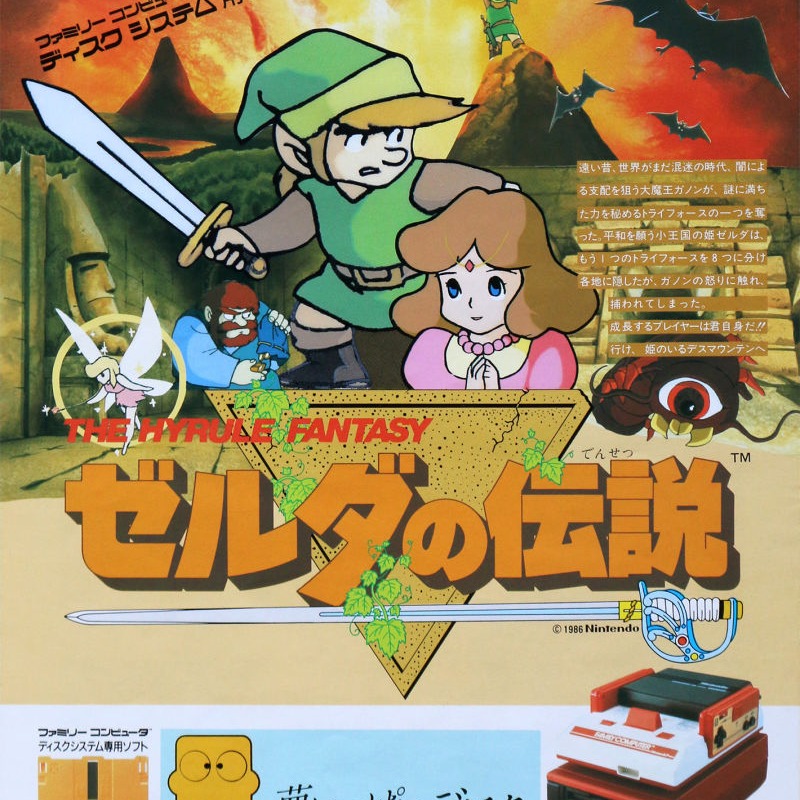
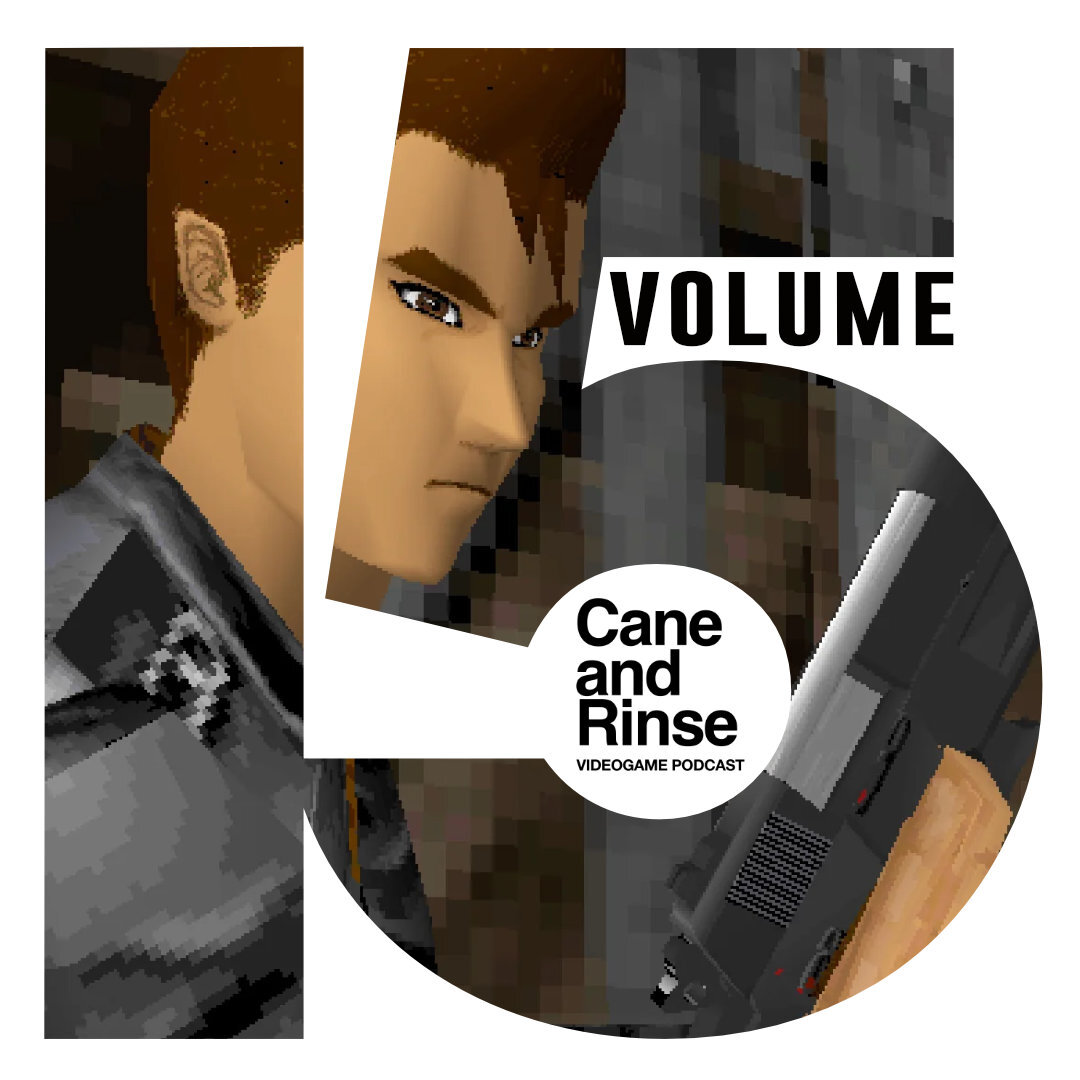

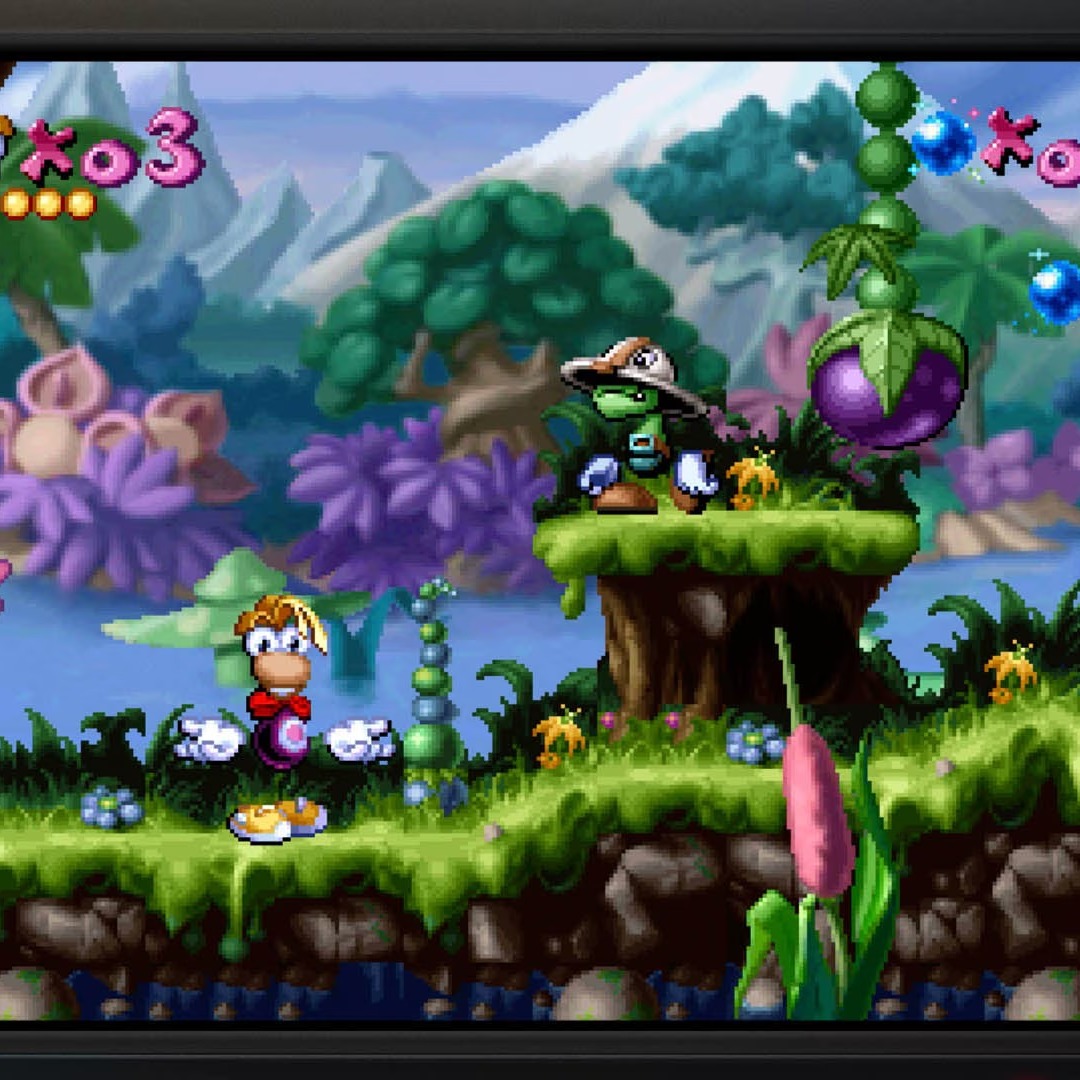
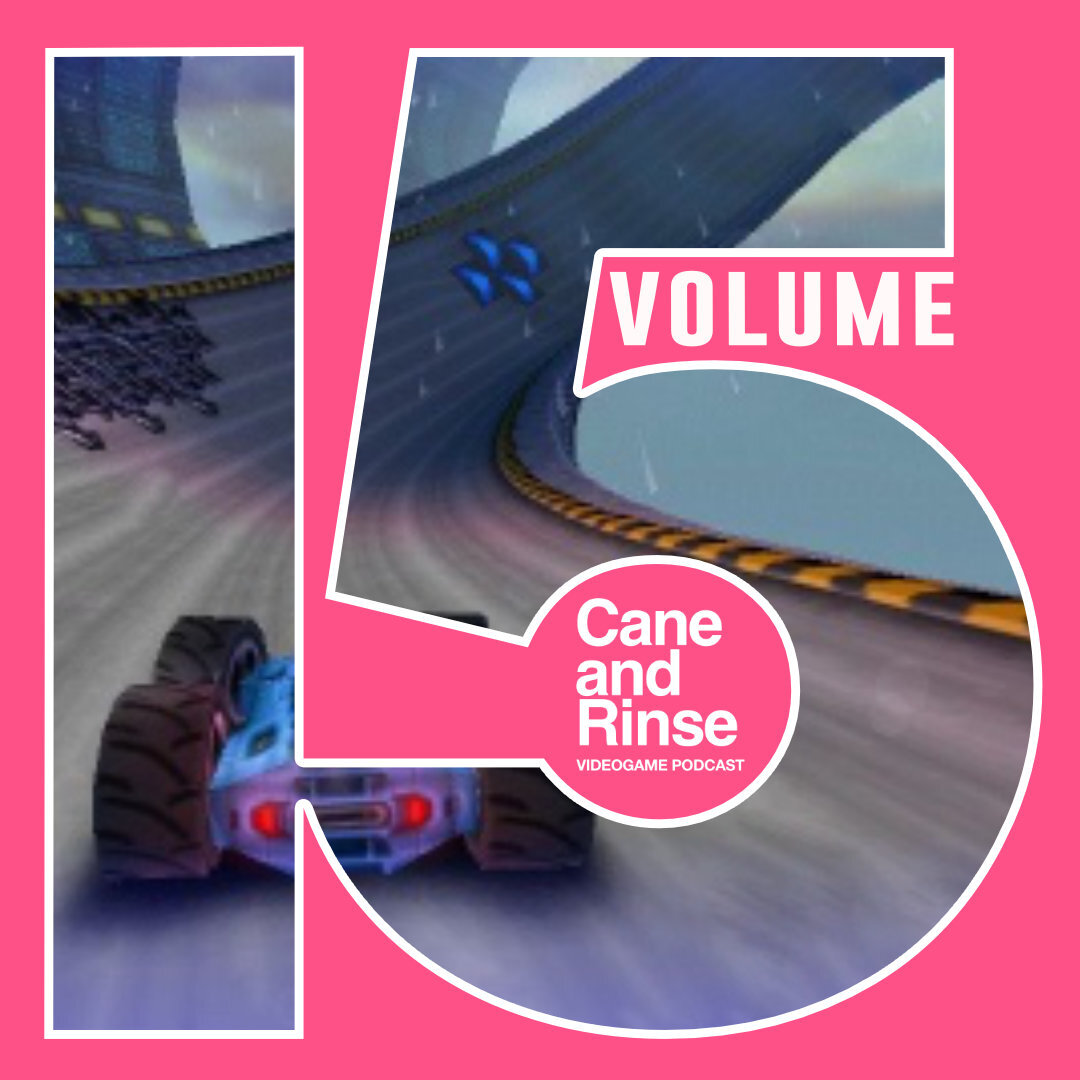
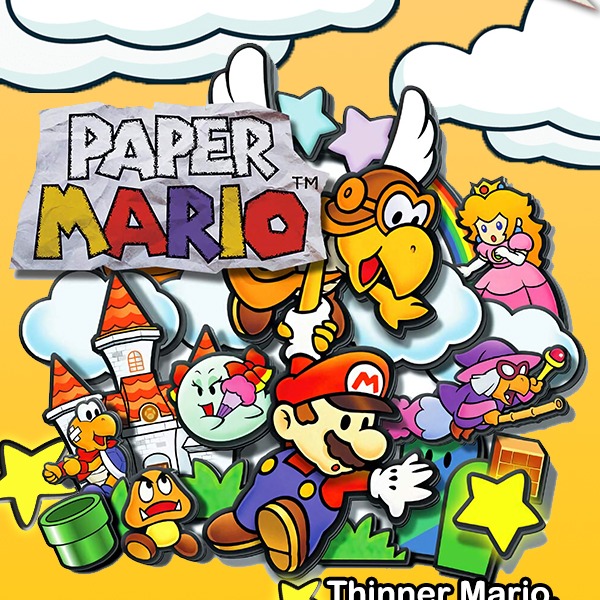

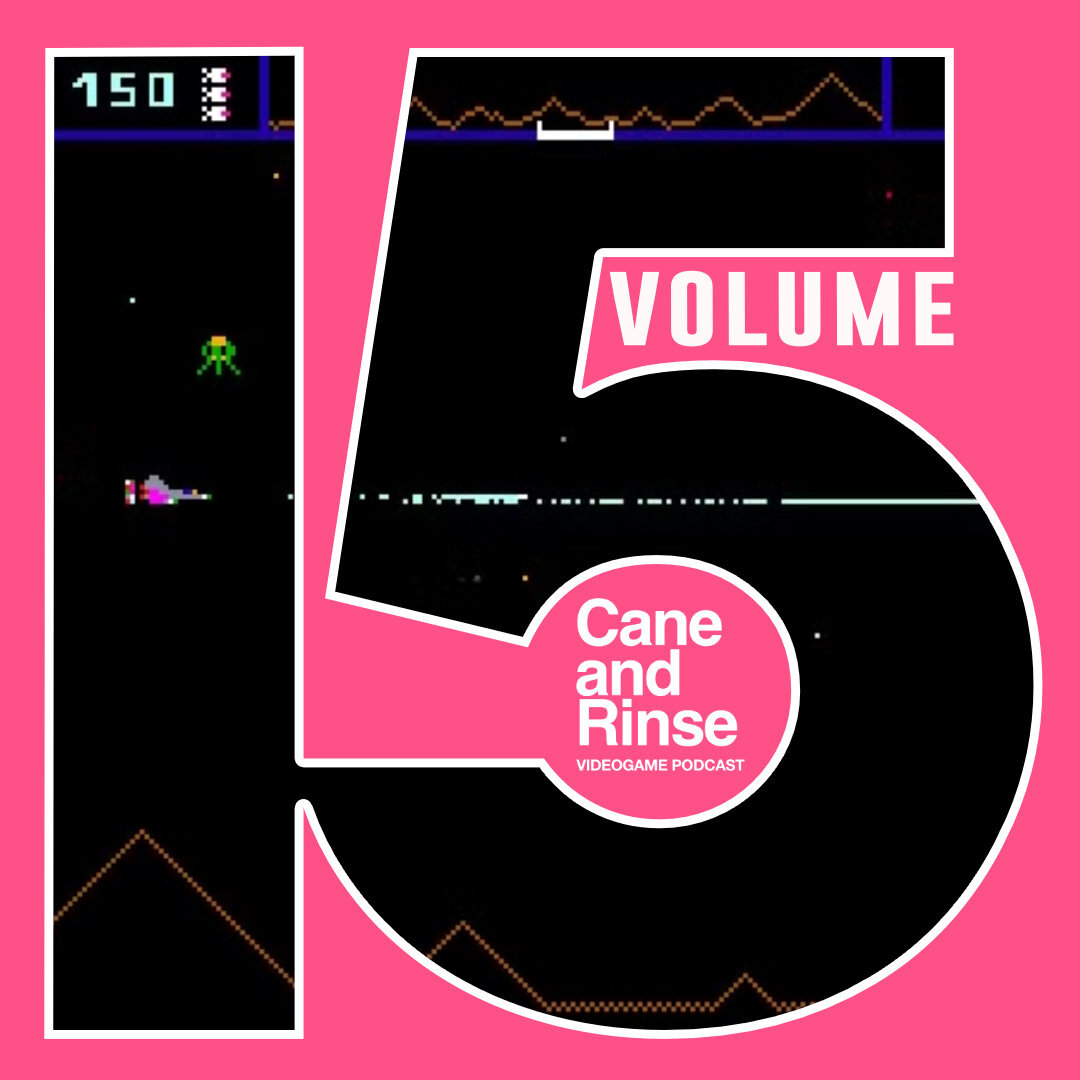
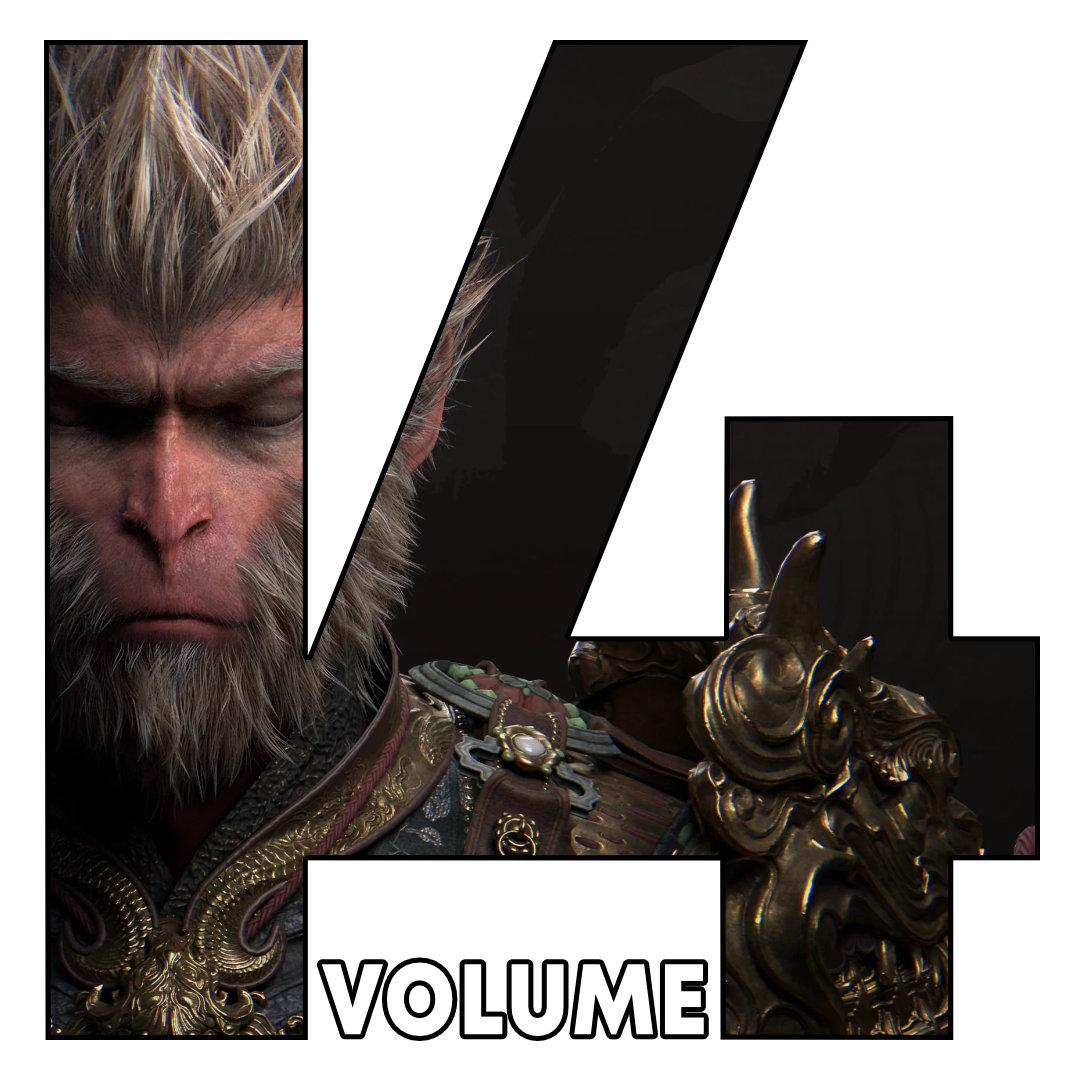
Great article. Loved this game, great depth of emotion. Hope they do another season!